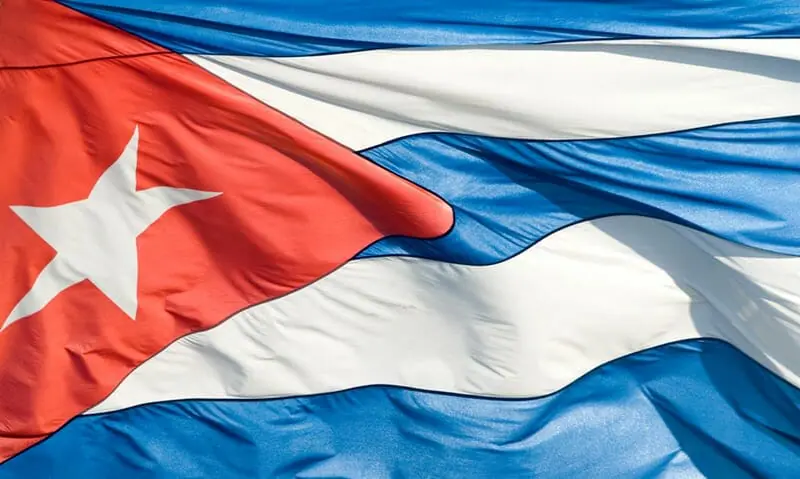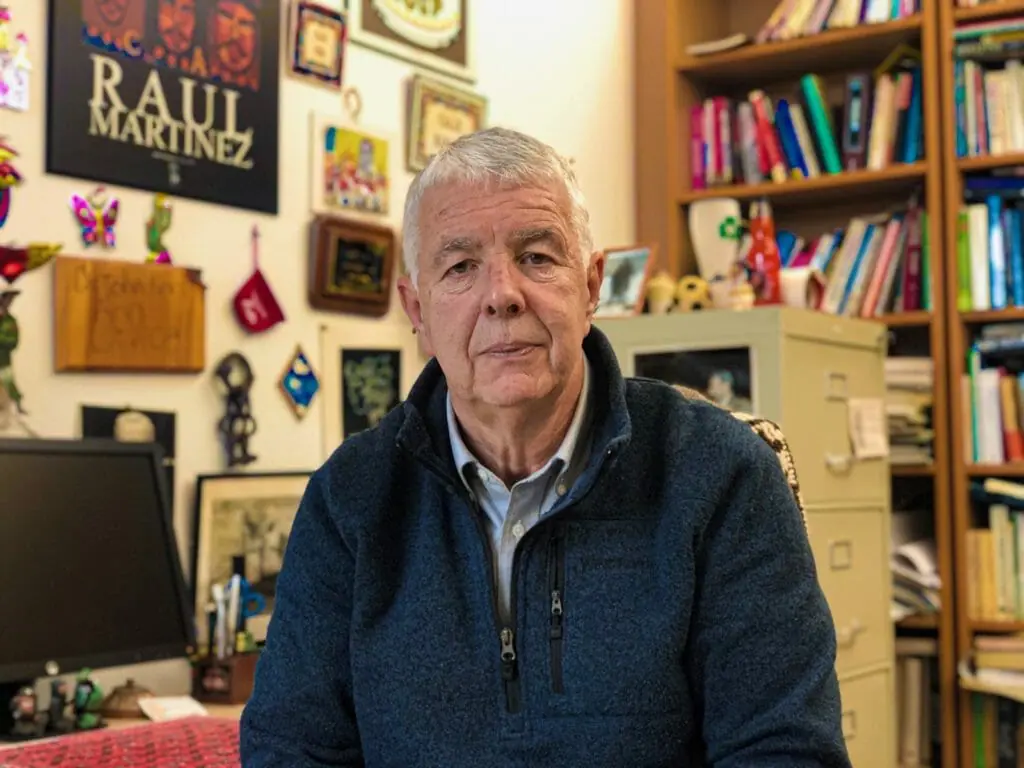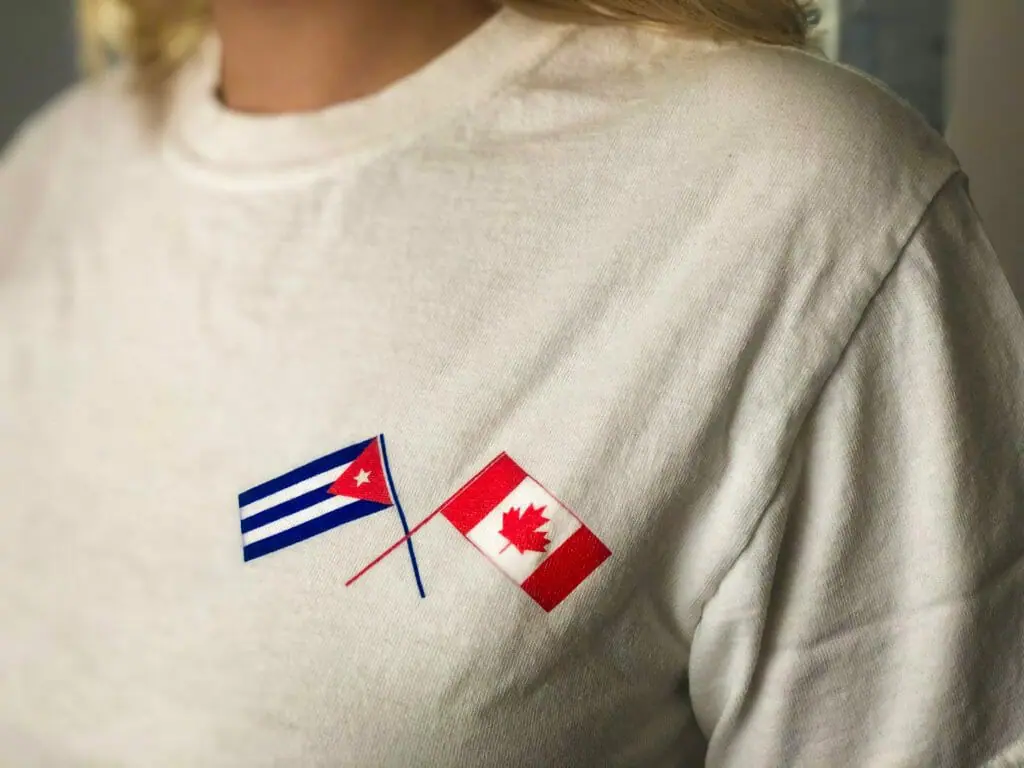This year marks the 60th anniversary of the Cuban Revolution. In 1959, a young defense lawyer, Fidel Castro, took power over the island; in the years to come, he created drastic change. Castro held power until 2008.
To commemorate, Dalhousie will be hosting a three-day conference with the world’s top experts on Cuban history, politics and culture.
The “Cuban Revolution at 60” conference will provide a space for Cuban specialists to talk about what Cuba has managed to accomplish in the last 60 years, where it is now and what its challenges may be in the future.
John Kirk, a professor of Latin American Studies at Dal (and a Cuba expert), says this event will be a special homage to the revolution.
The opening reception will be held at City Hall with a greeting from the mayor. The agenda also includes eight panels and two keynote presentations held at Dalhousie, Nov. 1-2. The main topics include climate change, intersectional health and rights, Cuba-U.S. relations and “Havana Syndrome” — the mysterious brain injuries suffered by Canadian and U.S. diplomats in Havana.
On Friday night, there will be a live Cuban music reception at Stayner’s Wharf, downtown Halifax.
N.S. and Cuba go way back
Dalhousie has a long-standing relationship with Cuban academics. For over 30 years, the International Development, Law, Business and Marine Biology faculties have maintained it, through travel programs and partnerships. “In many ways,” says Kirk, “it’s a microcosm of the Nova Scotia-Cuba relations.”
As a province, he says, Nova Scotia has an unusual relationship with Cuba. While other governments were sending ambassadors to cities like Ottawa and Toronto, Cuba’s first-ever foreign consulate, in 1903, was set in Yarmouth. Nova Scotia gave salt cod, potatoes and lumber; Cuba sent fruits, rum and sugar in return.
Over a century later, this relationship stands strong. Former Halifax Mayor John Savage pioneered a massive trading deal with Cuba, in 1994 and 1996. John Kirk, working as Savage’s interpreter at the time, says that Savage brought two commercial delegations to Cuba, met with Fidel Castro and strengthened the trade.
Halifax Mayor (and John Savage’s son) Mike Savage will be planting a tree with Cuban ambassador Josefina Vidal during the opening reception on Thursday. “I think the connections we’ve had have been very beneficial to the province,” he says. The tree will symbolize this continuing relationship.
Vidal says she will be attending all panels at the conference. She is looking forward to see how experts from other countries perceive Cuba.
“This will be the most important conference,” says Vidal, “organized outside of Cuba, on the sixtieth anniversary of the Cuban Revolution.”
South of the border, a conference like this would likely not be possible. “For any Cuban academic to go to the U.S.,” says Kirk, “the visa they have to get is incredibly difficult.”
Cubans entering the U.S. must first fly to Guyana or to Colombia where they have to give their fingerprints and a photograph. Then, they fly back to Havana and apply online, through a 20-page visa form. This makes it an expensive and onerous process.
Cuba and the U.S. have a long history. “It’s quite sad,” says Kirk. In fact, the U.S. tried to purchase Cuba, while it was still a Spanish colony, on three separate occasions. This “ownership” conflict lead to the 1898 Spanish-American war; 300,000 Cubans died.
In 1959, a revolutionary — Fidel Castro — took power in Cuba. In 1961, the U.S. broke relations with Cuba and initiated the Cuban embargo. The embargo, still active today, made it difficult for Cuba to import anything from the U.S., says Kirk, “its logical trading partner.”
The intent was to bring down the Cuban government, but it’s the people that suffered.
Kirk says that Cuba still suffers from misconceptions, by the general public, due to its history and unbalanced representations in news media.
The most common misconception, Kirk says, is that there is no freedom in Cuba. He says there are limited civil and political rights but, in terms of social, cultural and economic human rights, Cuba does very well. “If you take someone from a developing country and ask what are the most important human rights, they would say food, water, healthcare, education, employment — all of which exist in Cuba.”
While the average monthly salary in Cuba is comparable to $30 CAD, Cubans have free education (from preschool to post-secondary), subsidized and rationed food and universal healthcare. Per capita, it has three times more physicians than Canada and a lower infant mortality rate. Kirk says that Cubans also have a vibrant culture in terms of art, literature, cinema and dance — it’s accessible too. “It costs 5 cents to go see a movie.”
Breaking barriers
By having the Cuba 60 conference in Halifax, Kirk says, “we are trying to break that information blockade. We are trying to provide an opportunity for discussion and debate — something almost impossible under Trump’s administration in the U.S.” According to Kirk, attendees will include, not only academics, but business people, NGOs, environmentalists and people from social networks. So far, around 180 people have registered.
Cuba is complex, contradictory, confusing and always changing, says Kirk, “I’m looking forward to an exchange of opinions.”
The conference, he says, was initiated and funded by the Ford Foundation, a New York-based private foundation working to advance human welfare.
“There’s a lot we can learn from Cuba,” says Joshua Cinelli, chief of Media Relations at the Ford Foundation. “It is very important that we continue to upkeep the dialogue alive between the people of Cuba and the citizenry of the United States.”
The foundation provided the majority of the funding, including paying for all of the Cuban experts’ trips to Halifax. The estimated donation was $50,000. Dalhousie gave the conference around $5,000, says Kirk, and the Social Sciences and Humanities Research Council of Canada gave $25,000.
“This is a remarkable opportunity for anyone with the slightest interest in Cuba,” says Kirk. “Drop in and drop out … It’s a stellar cast — and it’s free.”




Recent Comments